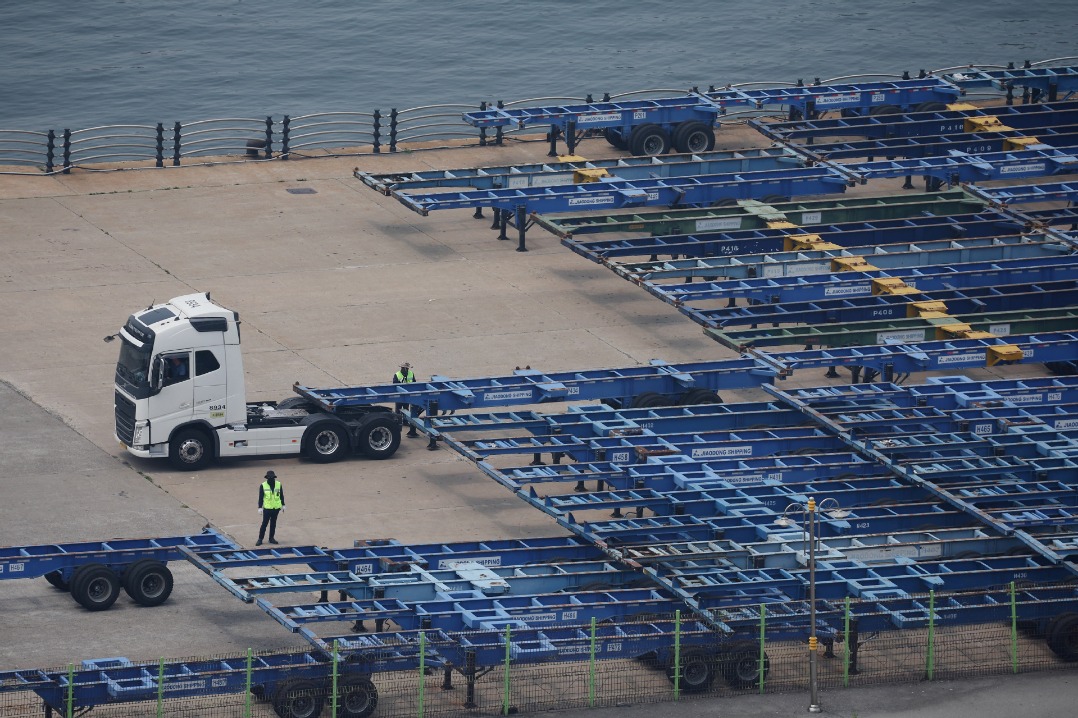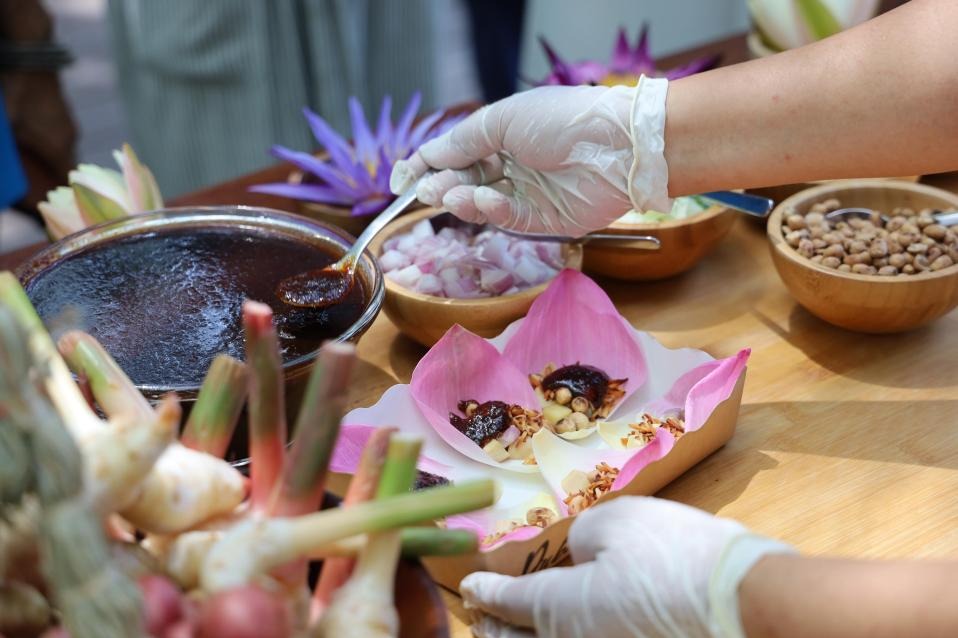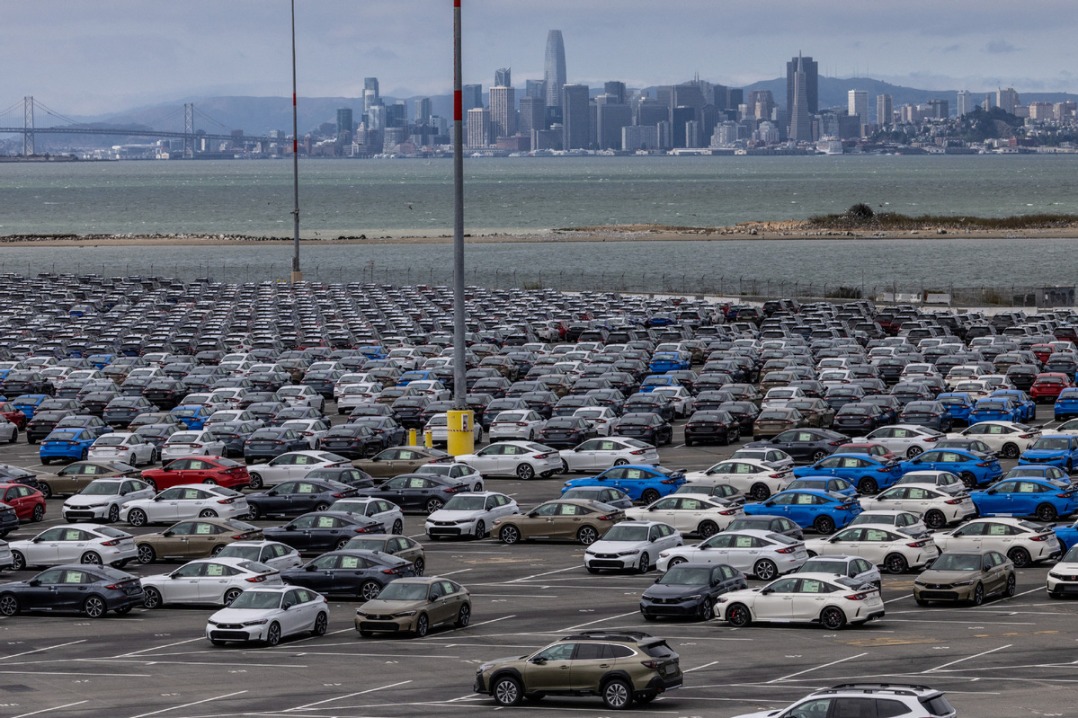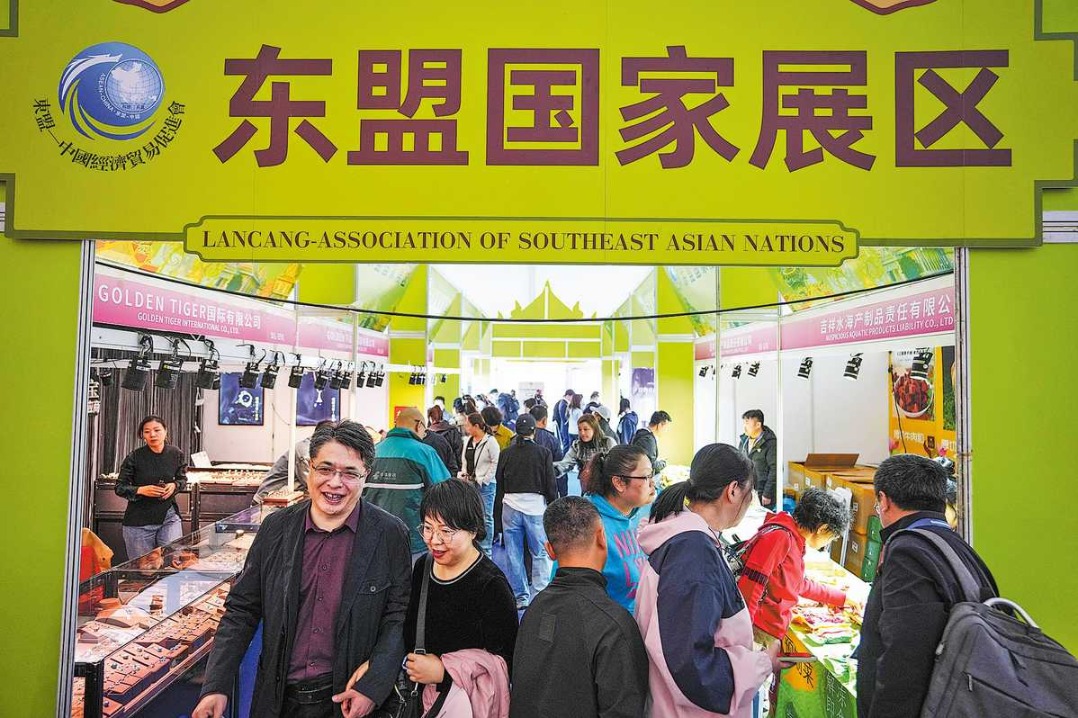Racism in Canada: A long drawn problem

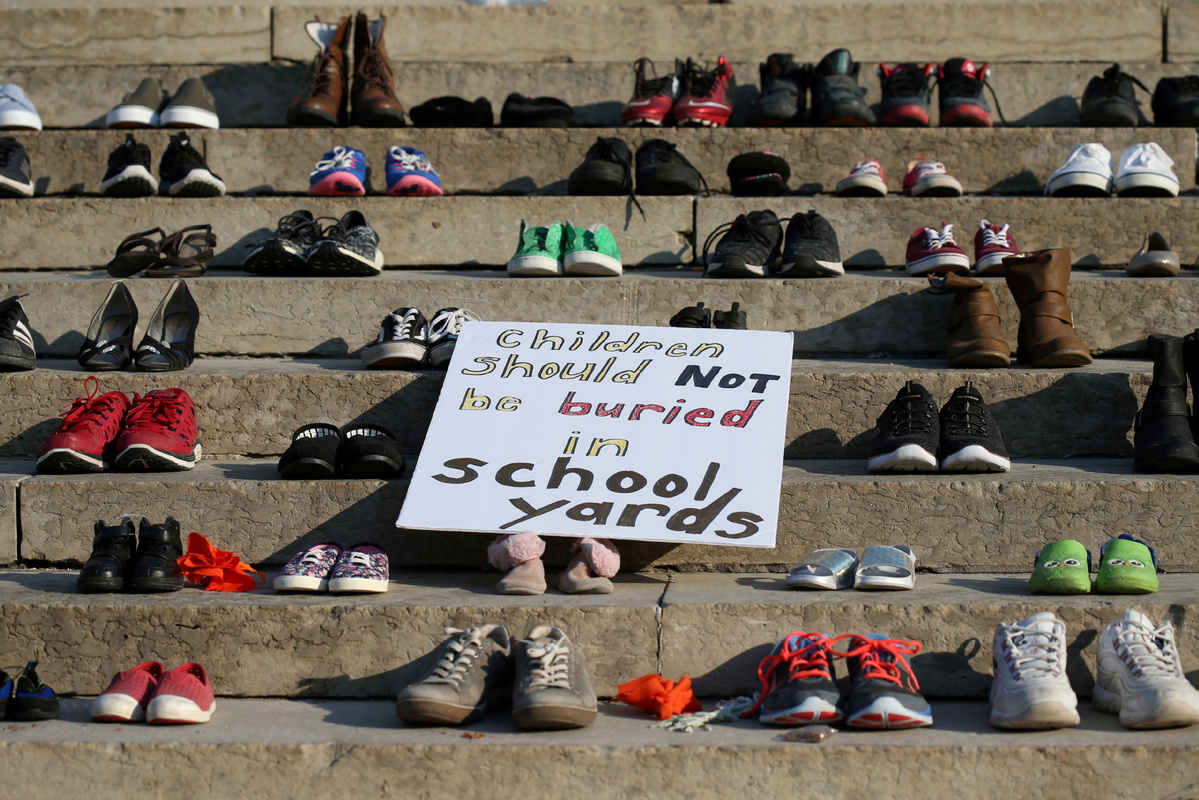
The past few weeks have been heart-wrenching and shocking as 182 human remains in unmarked graves were discovered near a former residential school for Indigenous children in Canada, while as many as 751 unmarked graves were found at the former Marieval Indian Residential School in Saskatchewan province last week, and 215 Indigenous children's remains were found at Kamloops Indian Residential School in British Columbia in late May.
These three gruesome discoveries once again cast a spotlight on Canada's handling of Indigenous people and sent shockwaves across Canada and throughout North American Indigenous communities. These discoveries have given fresh evidence to profiling of indigenous communities on racist grounds by the new ruling class in Canada and US. Majority of these children, students at residential boarding schools from mid-1800s to mid-1900s, died after having suffered brutal abuse and neglect. It's widely reported that for decades Indigenous children in Canada and United States were sent to boarding schools, where they were forced to adopt Euro-American culture.
For those living in willful ignorance of this tragic truth, what has happened to Indigenous peoples in Canada must have been for a rude awakening.
Unfortunately, Canada's history is "stained with the blood" of Indigenous children. According to conservative estimates from the Truth and Reconciliation Commission, from the 1880s to as late as 1996, about 4,100 to 6,000 children died amid abuse and neglect in the residential school system, whose aim was to "take the Indian out of the child". But there was no policy for the burial of children until seven decades later in 1958. It remains a mystery how many more graves there are in the country and how many more Indigenous children died from harsh mistreatment during the process of forced assimilation. Tragically, the indigenous women have been a victim of deliberate and systematic abuse. According to The Canadian Encyclopedia, coerced sterilization of Indigenous women took place in federally operated hospitals, as sterilization legislation in Alberta (1928–72) and British Columbia (1933–73) limited the reproduction of "unfit" persons, and increasingly targeted Indigenous women. The practice continued into the 21st century. About 100 indigenous women have alleged that they were pressured to consent to sterilization from the 1970s to 2018. All this points to a shameful legacy that continues to inform every aspect of generations of Indigenous peoples.
It lurks in the everyday life of First Nations communities with no water fit for drinking, no adequate sanitation, no proper housing and education.
It lurks in the mental life of Indigenous people, who are scarred with identity crisis, shame, anger and suicidal thoughts. Between 2011 and 2016, First Nations peoples experienced a suicide rate three times higher than that of the non-Indigenous population of Canada. In some Indigenous communities, the suicide rate among youth under the age of 15 is almost 50 times greater than that of the non-Indigenous youth.
It lurks in hospital wards and emergency rooms where Indigenous peoples have been mocked, berated and rejected.
It also lurks in Canada's law enforcement where an Indigenous person is more than 10 times more likely to be shot and killed by the police than a white person.
It lurks even in Canadian government building where Indigenous politicians do not feel safe and often face "racial profiling" by the security. "People like me don't belong here in the federal institution." Mumilaaq Qaqqaq, the New Democrat MP for Nunavut, voiced the frustration and anger of the 1.4 million Indigenous peoples across the country.
Indigenous lives matter. Apology is not enough. Reconciliation will never be realized with assumed humbleness. The Canadian government must make some real tough decisions to compensate the Indigenous victims and their families, to fundamentally relieve their plight, and to eliminate the "systematic racism, discrimination, and injustice" against them.
Canada and other western countries do not spare an opportunity to lecture other countries about their glorious traditions, past and present credentials about human rights. However, the treatment to Indigenous people in Canada shows these claims as very hollow.
Canada and other routinely take a shot at Chinese handling of 12 million Uygurs who live in harmony with other ethnic communities in China. The fact is that Chinese government has extended offer to United Nations to visit Xinjiang and see the reality on ground for itself. Chinese administration welcomes such UN visit but without the presupposition of an investigation which will be exploited by Western countries. And the office of UN High Commissioner for Human Rights is in talks with Chinese authorities to arrange such visit.
The best Canada can do to heal the wounds of indigenous people for the ill treatment in last two centuries to address their genuine grievances about security, health and education, employment and other rights. Then it would be better placed to join debate about global human rights.
Xin Ping is a commentator on international affairs.

















